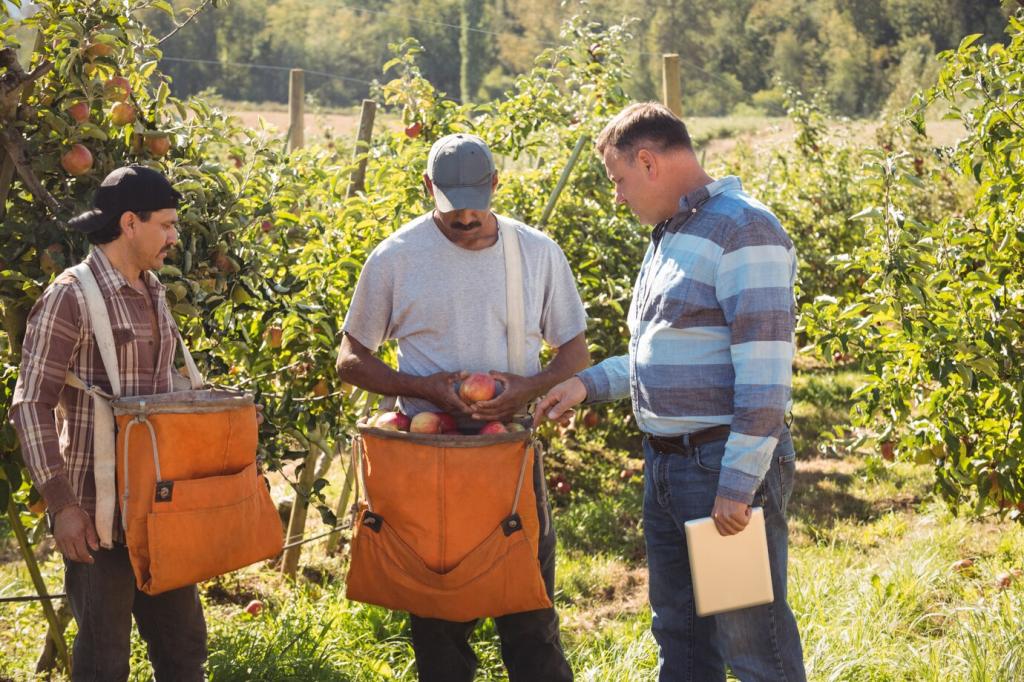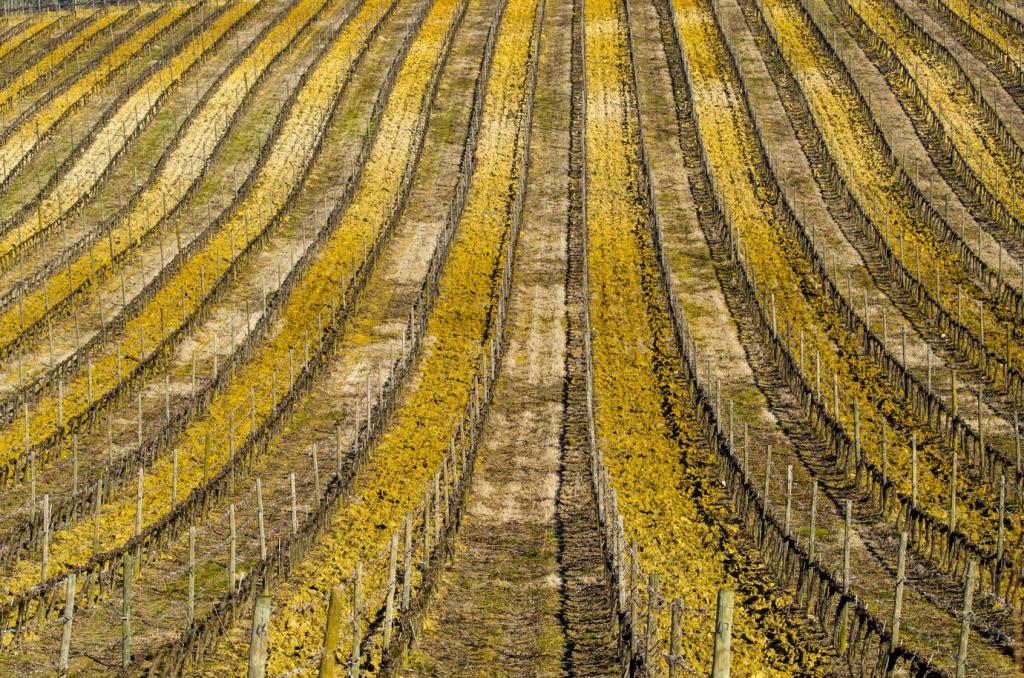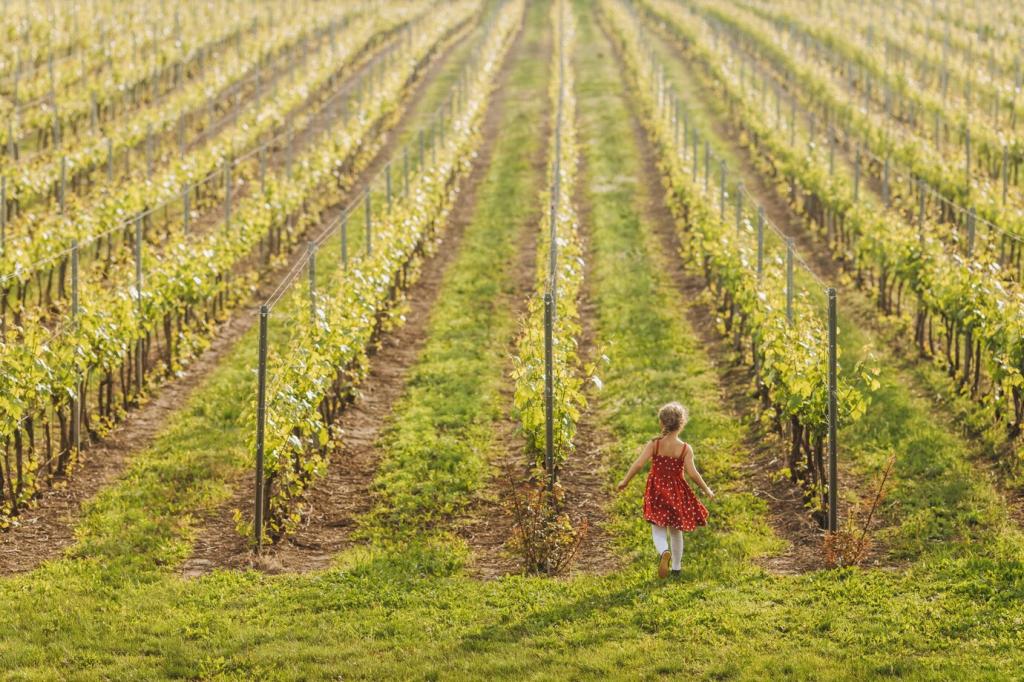Environmental Benefits of Biodynamic Vineyard Cultivation
Biodynamic vineyard cultivation has gained attention as a holistic, environmentally conscious approach to viticulture. By working in harmony with nature, biodynamic methods foster sustainable growth, protect ecosystems, and encourage biodiversity. This approach transcends organic farming, integrating cosmic rhythms and natural preparations to create resilient, healthy vineyards. As awareness of environmental sustainability grows, understanding the unique benefits of biodynamic cultivation is key for both wine producers and consumers seeking environmentally responsible choices.
Enhanced Soil Health and Fertility
Regeneration of Soil Life
Biodynamic cultivation emphasizes the importance of a living soil. Through the use of compost teas, cover cropping, and carefully timed preparations, growers encourage the proliferation of beneficial microorganisms and earthworms. These microscopic life forms break down organic matter, cycle nutrients, and create a dynamic soil ecosystem. As a result, the vineyard floor becomes a self-sustaining, regenerative environment capable of resisting erosion, retaining water, and providing vines with balanced nutrition far superior to what synthetic fertilizers could achieve.


Natural Nutrient Cycling
With biodynamic methods, nutrients are returned to the vineyard through composting and plant-based preparations. Rather than relying on external inputs, the system is designed to be self-contained and cyclical. Viticulturists incorporate animal manures, green manures, and herbal additives to foster natural decomposition. This cyclical process not only limits the need for off-farm resources but also maintains nutrient balance and promotes robust vine health through natural means, ensuring that soils remain fertile and vibrant year after year.
Promotion of Biodiversity and Ecosystem Balance
Habitat for Beneficial Species
Biodynamic farmers purposefully cultivate hedgerows, wildflower strips, and cover crops that serve as habitats for beneficial insects, birds, and small mammals. These creatures help manage pest populations naturally by preying on insects that might otherwise damage vines. In addition, diverse plantings attract pollinators critical for the success of nearby crops. The increase in animal and insect diversity maintains ecological balance, reduces pest outbreaks, and ensures a healthier, thriving environment within and around the vineyard.
Diversified Plant Life
Instead of cultivating a monoculture, biodynamic viticulture integrates a variety of plants in and around the vineyards. This might include herbs, trees, grasses, and nitrogen-fixing crops. The presence of diverse plants improves soil fertility, mitigates erosion, and invites a broad range of microorganisms. Each species plays a unique role in supporting the vines and the overall health of the ecosystem, resulting in a more robust natural defense against disease and adverse weather events.
Encouragement of Natural Predators
One of the crowning achievements of biodynamic cultivation is its promotion of natural predator populations, such as ladybugs, lacewings, and birds of prey. Without chemical pesticides to disrupt food chains, these natural allies thrive and effectively control potential pests. Their presence minimizes crop damage without the need for artificial interventions, leading to more sustainable pest management and a balanced vineyard ecosystem with enduring environmental benefits.

Conservation of Water and Protection of Waterways
Improved Water Retention in Soil
By focusing on soil organic matter and healthy soil structure through composting and cover cropping, biodynamic growers significantly enhance the vineyard’s ability to retain water. The presence of humus and a thriving root network increases the soil’s capacity to hold moisture, reducing both irrigation demands and susceptibility to drought. As a result, water resources are used more efficiently, decreasing the environmental footprint associated with vineyard management while supporting vine health during dry spells.
Prevention of Water Pollution
The rejection of synthetic chemicals in biodynamic vineyards means that there are no toxic residues to be washed into nearby streams, rivers, or groundwater. By eliminating herbicides and pesticides, these vineyards play a key role in preventing agricultural runoff, which is a major cause of water pollution. Cleaner waterways benefit not only local wildlife but also communities downstream that rely on these sources for drinking water, recreation, and other agricultural uses.
Erosion Control and Flood Prevention
Biodynamic practices such as cover cropping, maintaining ground cover, and promoting perennial plantings help stabilize soil and prevent erosion. During heavy rainfall, these strategies slow water movement, encourage infiltration, and reduce runoff, which lessens the risk of soil loss and downstream flooding. Healthy, well-structured soil serves as a buffer during extreme weather events, ensuring the longevity of vineyard land and protecting surrounding natural habitats from degradation.
